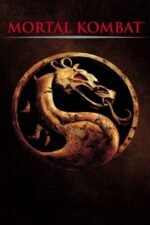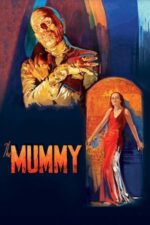Beyond the Wand: Exploring the Enduring Allure of the Sorcerer on Film
Isn't it fascinating how often we’re drawn to stories about magic? Not just any magic, mind you – but the kind wielded by a sorcerer. There’s something inherently compelling about characters who operate outside the established rules, bending reality to their will. It’s more than just flashy spells; it's about power, knowledge, and often, a deep connection to forces beyond our comprehension.
We see this archetype in so many forms across cinema history. Think of Prospero in The Tempest, Shakespeare’s masterful exploration of revenge and redemption. He’s not your typical wizard tossing fireballs – he’s a scholar, exiled and wielding magic born from years of study and connection to the island's spirit. It’s a subtle, almost melancholic kind of sorcery, rooted in intellect and regret. It reminds me a little of how Gandalf operates in Lord of the Rings - immense power tempered by wisdom and a sense of responsibility.
Then you have something like Dragonlance: Dragons of Autumn Twilight, where the barbarian’s crystal staff isn't just a prop; it's a conduit for celestial energy, a tangible link to a higher power. This is sorcery as a weapon, a tool in a desperate fight against overwhelming odds – pure, raw power channeled through a determined individual. It speaks to our desire for heroes who can overcome seemingly insurmountable challenges.
What’s really interesting is how the definition of "sorcerer" has evolved. Arcane Sorcerer takes a darker turn, exploring the seductive nature of forbidden knowledge and the blurring lines between faith and heresy. It's less about benevolent magic and more about the corrupting influence of power itself – a theme that resonates with our anxieties about unchecked ambition. And in Bramayugam, we see sorcery intertwined with ancient traditions and societal injustice, adding layers of cultural significance to the narrative.
Even films like Harlequin, which seem primarily focused on political intrigue, touch upon the sorcerous – the unsettling power of faith healing and the manipulation of belief. It’s a reminder that even in our supposedly rational world, we crave explanations for the inexplicable, and are often willing to believe in something extraordinary, regardless of the cost.
The enduring appeal of the sorcerer on film isn't just about escapism; it's about exploring fundamental questions about power, morality, and the human condition. It’s a lens through which we examine our own desires for control, understanding, and perhaps, just a little bit of magic in our lives. What films featuring sorcerers have you found particularly captivating? I’d love to hear your thoughts!







































